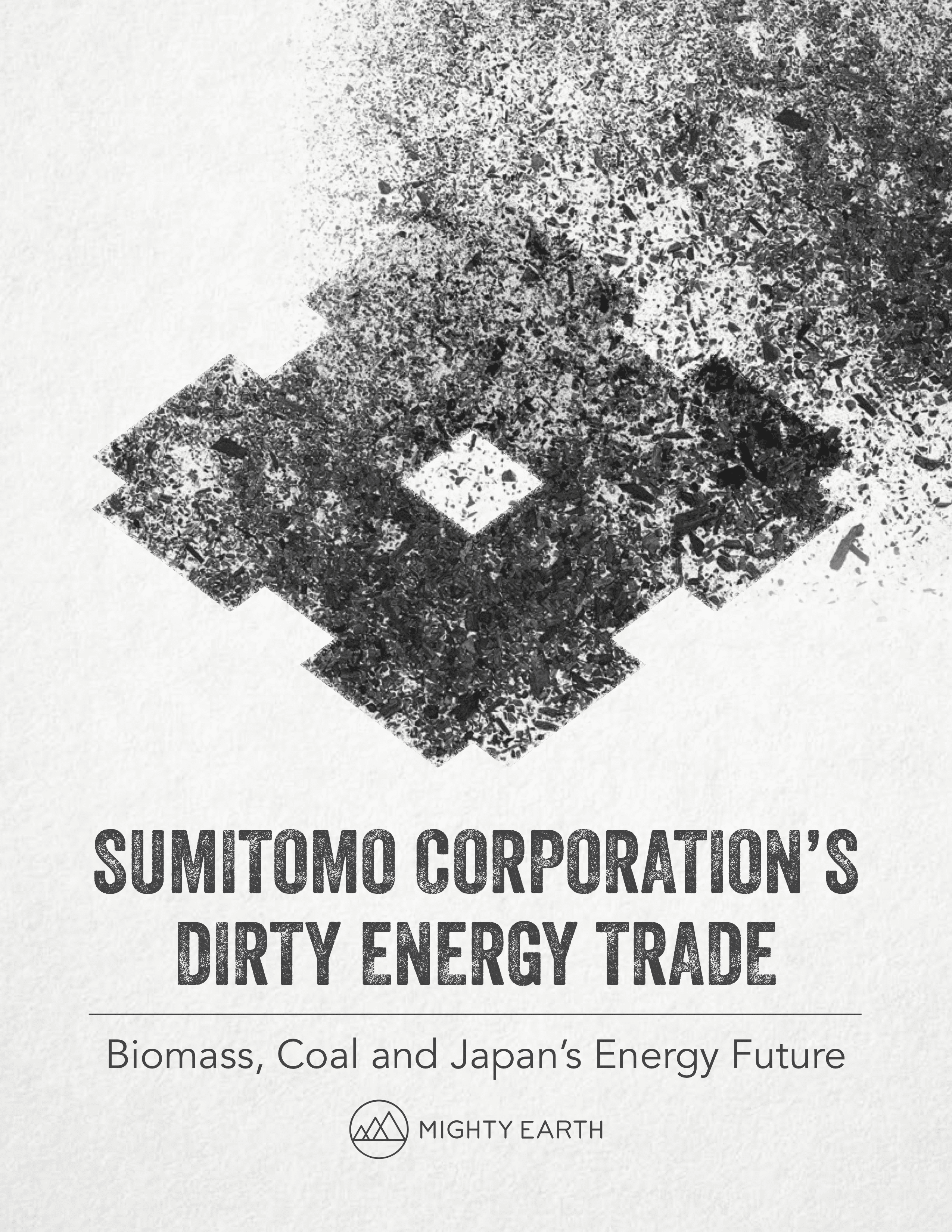
Sumitomo Corporation’s Dirty Energy Trade
December 2019
New report exposes how Japan’s policies are empowering a major corporation that embraces and invests in dirty energy sources like coal and biomass. Download

December 2019
New report exposes how Japan’s policies are empowering a major corporation that embraces and invests in dirty energy sources like coal and biomass. Download